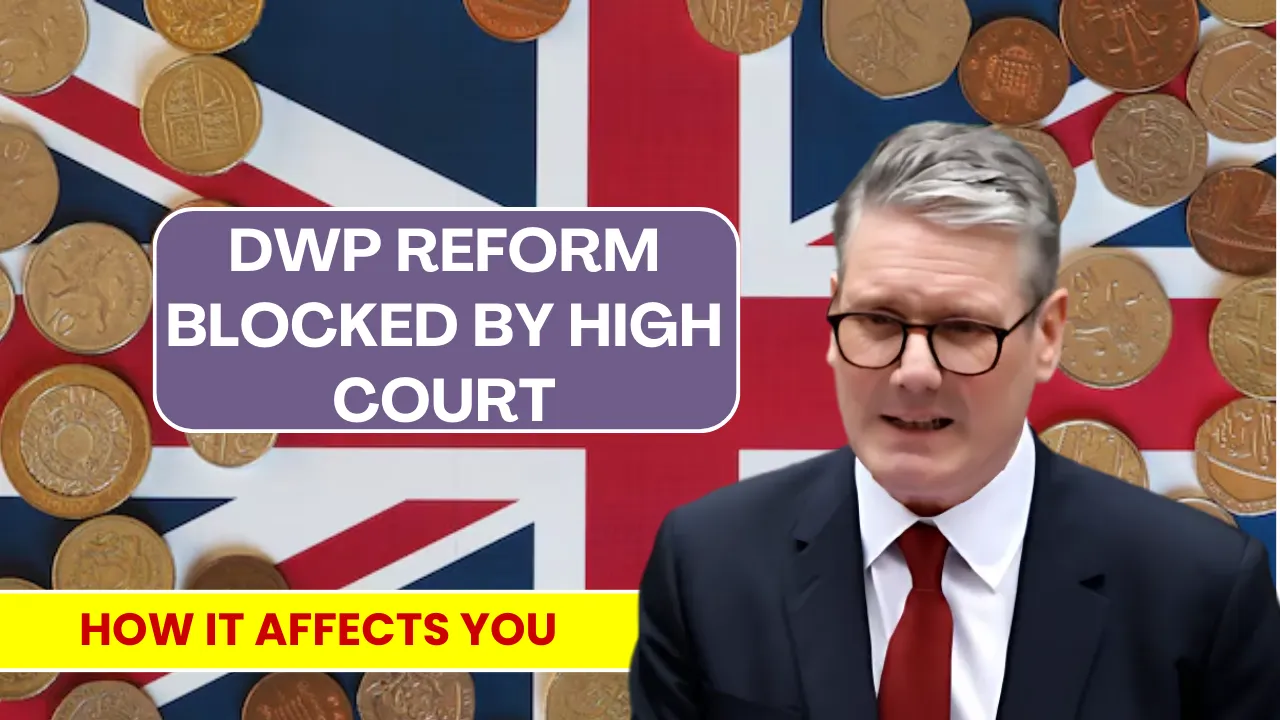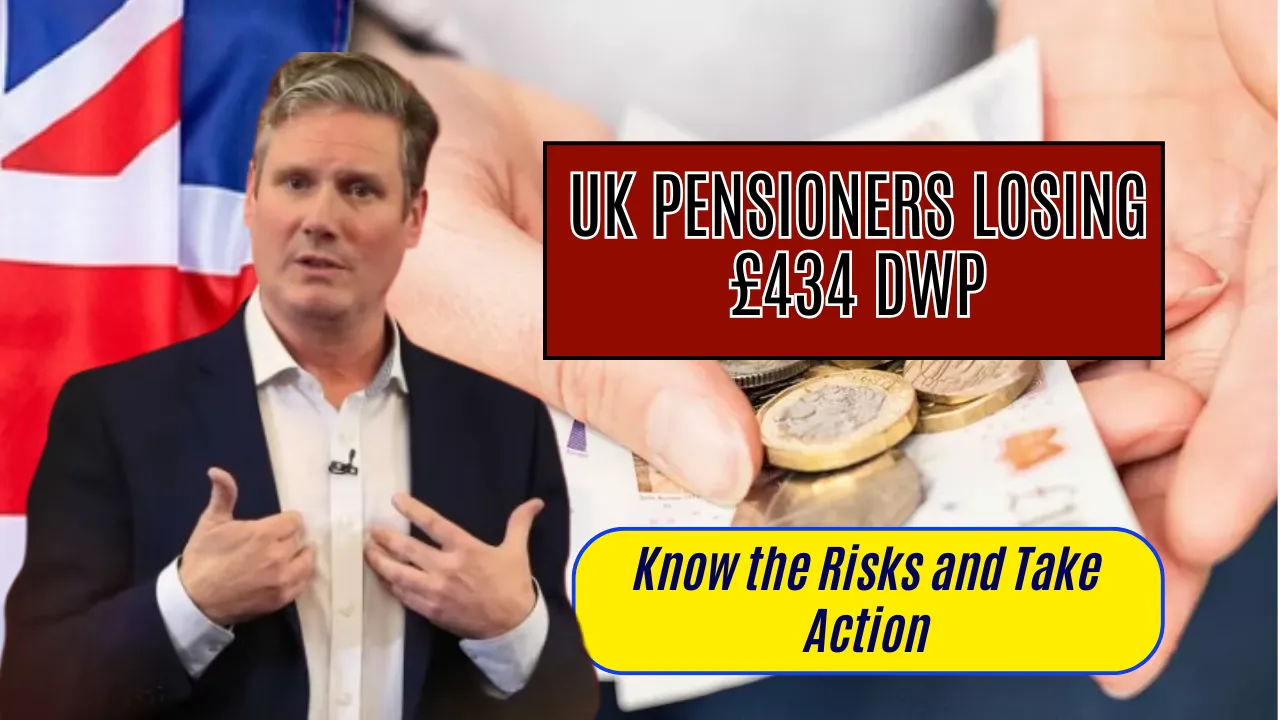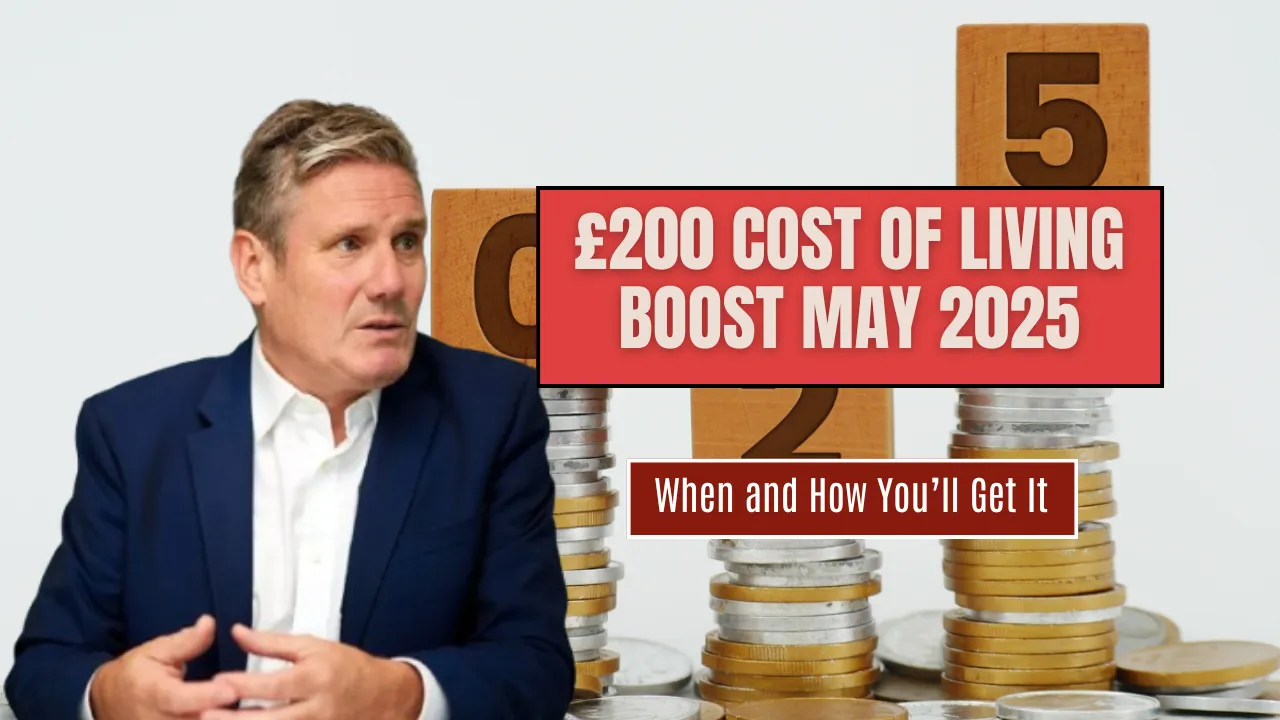DWP Reform Blocked by High Court: DWP Reform Blocked – these three words have brought a sigh of relief to more than 424,000 benefit claimants across the UK. In a significant court ruling, the High Court has stopped a proposed reform that could have taken away up to £416.19 per month from people receiving disability-related support. This legal victory means financial stability remains for thousands who rely on these payments.
In this article, we explain the High Court’s decision and how the DWP Reform Blocked ruling affects those receiving Universal Credit or ESA in the Support Group. We’ll explore what the reform was about, why the court called it unlawful, which regions would have suffered the most, and how people can protect themselves from future benefit changes. Let’s break it all down simply and clearly.
DWP Reform Blocked by High Court
The DWP Reform Blocked by High Court ruling happened on March 28, 2025. The Department for Work and Pensions had proposed changes to the Work Capability Assessment (WCA), which helps decide whether someone is fit to work or qualifies for extra support. If approved, the reform would have removed automatic eligibility for people with serious mental or physical health issues, potentially cutting their income by over £400 a month.
The High Court declared that the DWP’s consultation process was unfair, misleading, and unlawful. It said the department failed to clearly explain the effects of the reform and gave people no real chance to give feedback. As a result, the DWP Reform was blocked, and current payments remain in place.
Overview Table: Key Facts from the Ruling
| Feature | Details |
| Court Ruling Date | March 28, 2025 |
| Affected Benefits | Universal Credit (LCWRA), ESA Support Group |
| Monthly Loss Prevented | £416.19 per person |
| Total Annual Loss Prevented | Over £5,000 per claimant |
| People Protected | 424,000+ |
| Risk of Poverty Averted | 100,000 individuals |
| Court Finding | Consultation was unfair, misleading, and unlawful |
| Legal Support | Public Law Project |
What Was the DWP Reform and Why Was It Blocked?
The reform was meant to change how the WCA works. The DWP suggested that certain health conditions, like limited mobility or mental health issues, should no longer guarantee someone extra financial support. This would mean fewer people getting LCWRA under Universal Credit or ESA’s Support Group.
If the reform went ahead, it would have:
- Cut payments by £416.19 each month
- Forced people with disabilities to job-hunt
- Increased poverty risks for 100,000 people, based on the DWP’s own data
The High Court stepped in because the public consultation failed to mention these major impacts. The court said people weren’t told the full truth or given a fair chance to respond, making the process unlawful.
Which Areas Would’ve Been Hit the Hardest?
The reform wouldn’t have affected all parts of the UK equally. Regions with high rates of disability and benefit claims would have felt the impact the most. These include:
- North East
- Wales
- West Midlands
- Urban areas in Scotland
People in these places are more likely to receive LCWRA or ESA Support Group payments. Blocking the reform means these regions avoid widespread financial loss and continue receiving essential support.
Legal Background: DWP’s Troubled History with Disability Benefits
This ruling adds to a long history of legal challenges faced by the DWP over disability benefit policies. Some key moments include:
- 2013–2016: The move from DLA to PIP caused many to lose benefits unfairly.
- 2017: A court ruled that DWP rules discriminated against people with mental health conditions.
- 2020: Disability Rights UK said the DWP ignored how the pandemic made things harder for disabled people.
Now, in 2025, the DWP Reform Blocked ruling sends a clear message: any future changes must be legally sound and based on real evidence—not cost-cutting.
Real-Life Impact: What This Means For You
If you’re receiving Universal Credit with LCWRA or ESA in the Support Group, this court decision is very good news. Without it, you might have:
- Lost over £400 a month in support
- Been required to search for work despite health issues
- Faced stress, sanctions, or new assessments
But thanks to the court ruling:
- Your payment remains unchanged
- You are not forced to find work
- You are protected until any future reforms go through a lawful process
Timeline of Events
| Date | Event |
| Sept 2023 | DWP launches a 6-week consultation |
| Oct 2023 | Consultation ends with little public notice |
| Jan 2024 | Public Law Project files legal challenge |
| Mar 28, 2025 | High Court rules consultation was unlawful |
| Apr 2025 | DWP must plan a new, fair consultation |
What Advocacy Groups and Experts Are Saying
Disability rights groups, charities, and legal experts welcomed the decision.
- “We’re relieved that the court recognized how devastating these cuts would’ve been.” — James Taylor, Scope UK
- “The government must consult in good faith — not hide the truth.” — Jo Hickman, Public Law Project
- “This shows that working with disabled people is the only way forward.” — Kamran Mallick, Disability Rights UK
These voices stress the importance of fairness, transparency, and meaningful public input in shaping welfare policies.
What You Should Do Now
To protect yourself and stay informed:
- Check your current benefit status at the Universal Credit or ESA websites
- Watch for new consultations on DWP’s official news page
- Support advocacy groups like Scope UK or Disability Rights UK
- Take part in consultations and share your views
FAQs About DWP Reform Blocked by High Court
Will I lose my £416.19 benefit?
No. The court ruling blocks the reform, so your payment stays the same.
Can the DWP try to change the rules again?
Yes, but only with a lawful and fair consultation process.
Do I need to attend a new WCA?
Yes, if invited. But the current rules still apply—the blocked reform doesn’t change your eligibility.
Can I take action to protect my rights?
Yes. You can join consultations, write to your MP, and stay connected to trusted disability organizations.
Is this the final outcome?
For now, yes. Any future reform will need to be legally sound and transparent.
Final Thought
The DWP Reform Blocked ruling has protected thousands of people from losing vital income. It reminds us all how important it is to speak up, stay informed, and make sure the government follows fair procedures. If you’re affected by these benefits, this decision gives you room to breathe. Share this with friends and family, and check out our latest updates and personal horoscopes to stay empowered and in control of your future.
















